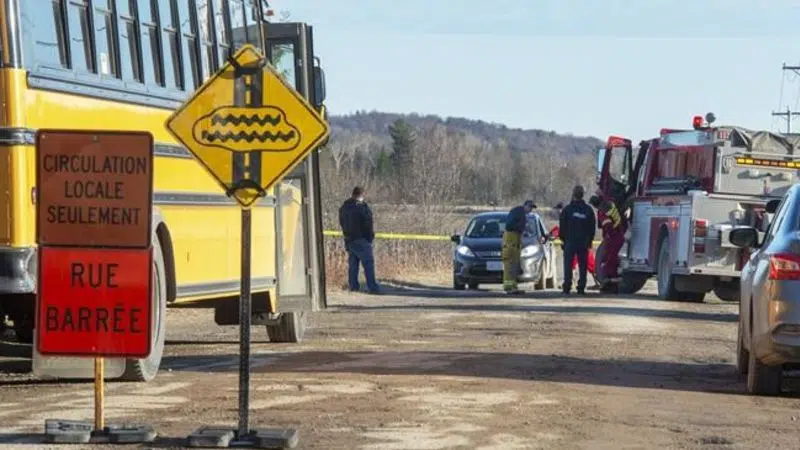
Quebec officials warn of possible dam failure, forcing evacuation of 250 people
MONTREAL — Quebec public security officials called for the immediate evacuation of an area along the Rouge River west of Montreal on Thursday because of the risk a hydro dam could fail.
Simon Racicot, director of production and maintenance with Hydro-Quebec, told reporters the dam at Chute Bell was built to withstand what he called a millennial flood.
“That means a flood that happens every 1,000 years,” he said. Hydro workers discovered earlier in the day the millennial level of water had been reached.
